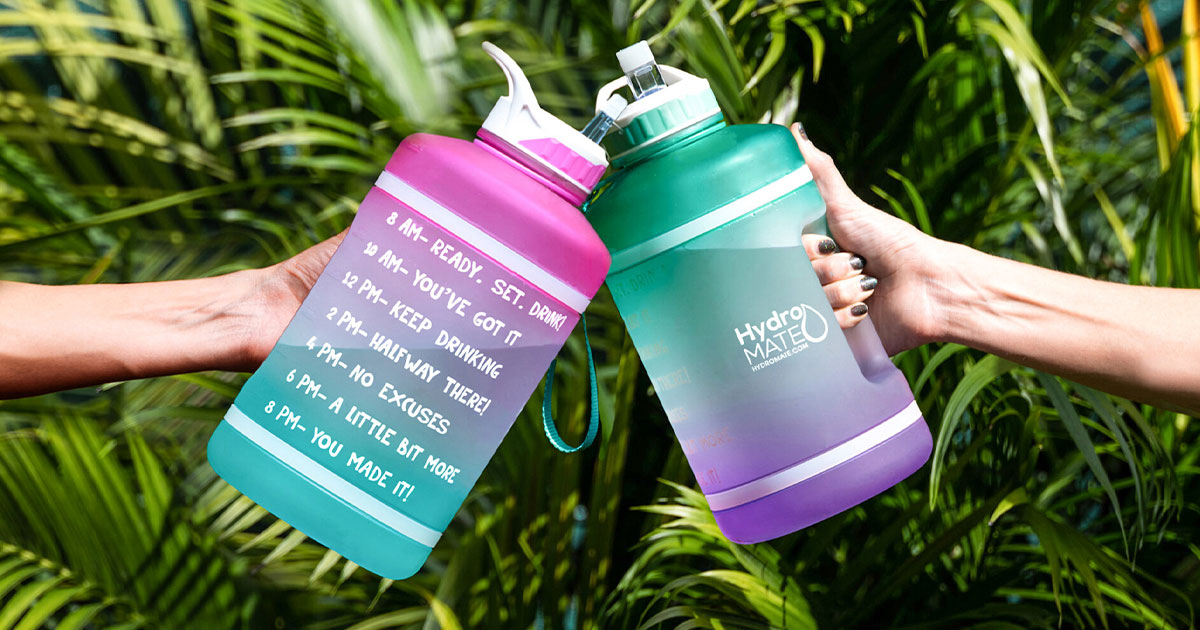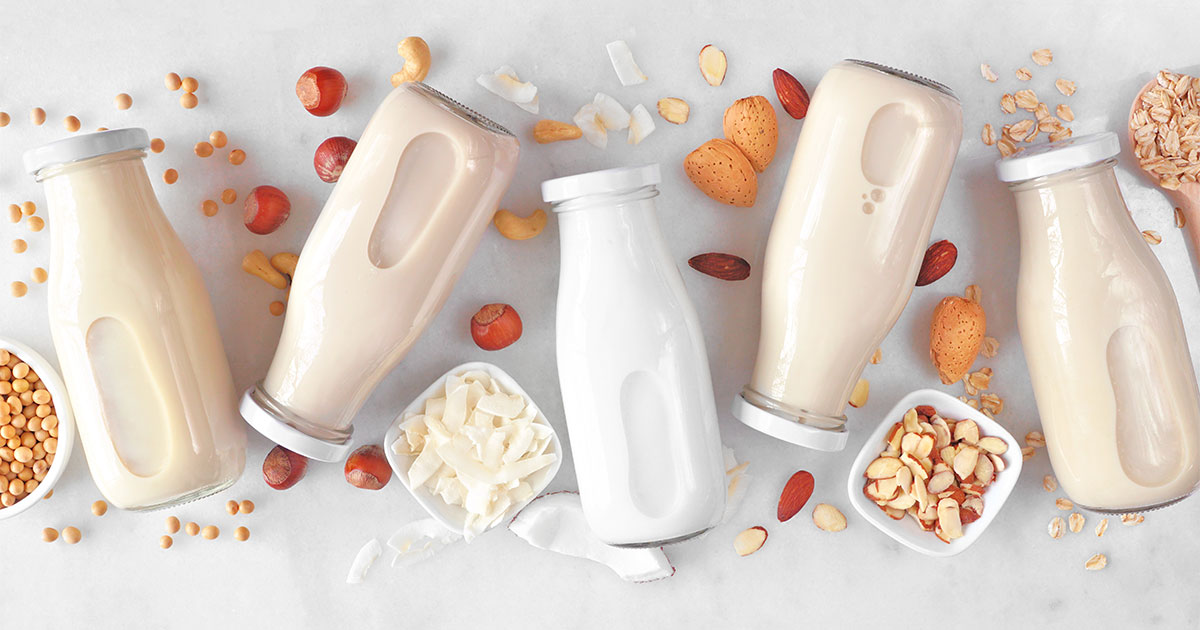The amount of water a person should drink each day can vary based on several factors including weight, activity level, climate, and overall health. While there is no one-size-fits-all answer, a common recommendation is the “8×8 rule,” which suggests drinking eight 8-ounce glasses of water per day, totaling about 64 ounces or roughly 1.9 liters. However, some health experts argue that individual water needs can be higher or lower depending on various factors. Read on to learn some general guidelines based on weight and activity level.
Weight
A common recommendation is to drink half an ounce to an ounce of water for each pound you weigh. For example, if you weigh 150 pounds, you might aim to drink 75 to 150 ounces of water per day.
Activity Level
Physical activity increases the need for water. Sweating during exercise leads to fluid loss, so it’s essential to replenish with additional water. A general guideline is to add an extra 8 ounces of water for every 30 minutes of vigorous exercise.
Benefits of Drinking the Proper Amount of Water
Hydration of Cells
Water is essential for the proper functioning of cells. It helps transport nutrients, oxygen, and waste products in and out of cells.
Digestive Health
Water aids in digestion by breaking down food and assisting in the absorption of nutrients. It also helps prevent constipation.
Temperature Regulation
Sweating is the body’s natural way of regulating temperature. Staying hydrated helps maintain the balance of fluids necessary for this process.
Joint Lubrication
Water is a component of synovial fluid, which lubricates joints, reducing friction and preventing discomfort.
Skin Health
Proper hydration can contribute to healthier skin by promoting elasticity and preventing dryness.
Cognitive Function
Dehydration can negatively impact cognitive function including concentration and short-term memory.
Issues Associated with Dehydration
Fatigue and Weakness
Lack of water can lead to feelings of fatigue and weakness.
Dizziness and Lightheadedness
Dehydration can affect blood pressure and lead to dizziness.
Constipation
Insufficient water intake can result in difficulty passing stool.
Kidney Issues
Chronic dehydration may contribute to kidney stones and urinary tract infections.
Impaired Physical Performance
Athletes may experience a decline in performance when dehydrated.
It’s important to note that individual water needs can vary and factors such as climate, age, and health conditions can influence the amount of water required. Listening to your body’s signals, such as thirst, and adjusting your water intake accordingly is crucial.
Always consult with a healthcare professional for personalized advice, especially if you have specific health conditions or concerns. Try different options for keeping plenty of water with you at all times. For some, it comes down to the size of the water bottle: now you can even buy a car cup holder insert that will hold just about any size bottle or gallon jug of water!
Categories
Recent Posts




